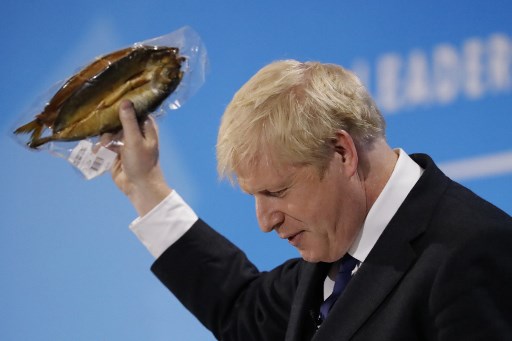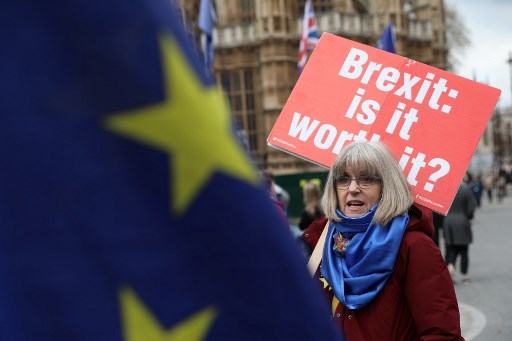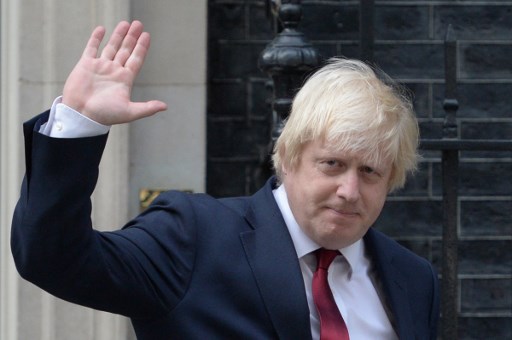
Sue Wilson Writes: There’s a reason that more Brits live in Spain than any other European country and it’s not just the sunshine
 When I first visited Spain, at the tender age of 18, it was love at first sight.
When I first visited Spain, at the tender age of 18, it was love at first sight.
Admittedly, back then, I was more interested in the weather, nightlife and the size/price of a Bacardi and Coke. Over the years, as I matured, so did my tastes. I grew to appreciate everything this wonderful country has to offer: the tasty tapas, varied landscapes, amazing culture, healthy lifestyle and – most importantly – the warmth and generosity of the Spanish people.
Now, a resident of 12 years standing, I’m living the retirement I could only dream of during many decades of annual holidays in Spain. I live in a small seaside village in the Valencian community, which is transformed by tourists for 10 weeks of the year. Our sleepy little winter village becomes a bustling resort, attracting visitors from all over Europe. In August, you’re more likely to hear French spoken than Spanish, although many other nationalities have also discovered our slice of paradise.
The inflow of visitors has its downside – longer queues in the supermarket and bank, parking problems, more traffic and slower service in bars and restaurants. However, the pluses more than outweigh the minuses. The buzz is infectious, the diversity of languages and people is a pleasure, and it’s good to be reminded that our village only exists thanks to the Euros, Pounds, Krone, Roubles and Francs that are spent here.
With so many European nationalities surrounding us, we feel part of a growing family – one that shares our dreams, concerns and values. It also allows us to see the village, and the country, through the eyes of those who love to visit but cannot stay.
When I speak Spanish, it’s clear that I’m not from around these parts,so the next question tends to be “where are you from?” When I tell people I’m from the UK, it’s commonplace to be greeted with a look of pity and an incredulous “what on earth was the UK thinking of with Brexit”. What, indeed!
Many of the tourists are regular visitors who have fallen for the local charms, as we did. When I’m asked when I’m going “back home”, I love to say: “In the next few hours – this is home!” I admit to taking small delight from seeing a glimpse of envy.
As well as interacting with tourists, many of us entertain our friends and family in August. It’s a time to switch off, dine out rather too often, visit tourist attractions that we ignore for 11 months of the year, and to relax and unwind. A time to set aside our worries about the future and appreciate what we have.
Before the referendum, I was guilty of taking all the benefits and freedoms of being a European citizen for granted. I never thought about my freedom of movement or my right to free healthcare and didn’t really associate those benefits with the EU. I just enjoyed those freedoms, with the expectation that I would have them for life.
Nobody knows what our Brexit future will bring, but if the referendum has had one positive outcome, it’s this: it has shown us what’s at stake and what we stand to lose.
I’ve loved my life in Spain since the day I arrived. I love it more with each week, month and year that passes. There’s a reason that more Brits live in Spain than any other European country, and it’s not just the 320 days of sunshine (although that’s amazing too!).
It’s the welcome, the sense of family, the feeling of security, the neighbourliness. Spain is in my soul and I’m never going to leave. The same applies to Europe, so keep your hands off my EU citizenship. The UK isn’t leaving, and neither am I.
Sue’s article from The Local

















